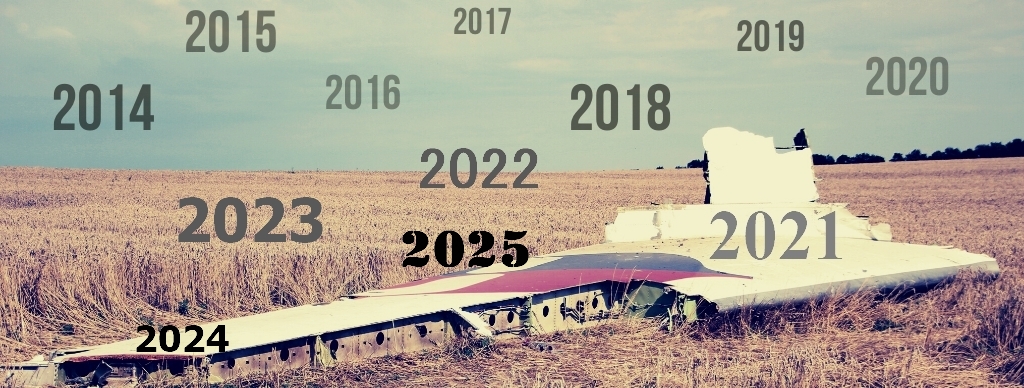https://www.courtmh17.com Архиввидео трансляций https://www.courtmh17.com/zittingsdagen.html
Судебные дни
Окружной суд Гааги выделил сроки для судебного разбирательства по делу MH17 в Судебном комплексе Схипхол (JCS). Суд зарезервировал эти периоды, чтобы обеспечить место для проведения слушаний по делу MH17.
Пока не известно, будет ли суд заседать каждый день. Обстоятельства могут потребовать, чтобы слушания были сокращены, перенесены, приостановлены или даже отменены.
9–13 марта 2020 года (слушания 9–10 марта 2020 года)
23–27 марта 2020 года (слушание 23 марта 2020 года)
С 8 по 12 июня 2020 года
15-19 июня 2020 г.
С 22 по 26 июня 2020 года
С 30 июня по 3 июля 2020 года
С 31 августа по 4 сентября 2020 года
7-11 сентября 2020 г.
С 28 сентября по 2 октября 2020 года
5-9 октября 2020 г.
2-6 ноября 2020 г.
9-13 ноября 2020 года
5 сессия - 15-16 апреля 2021


